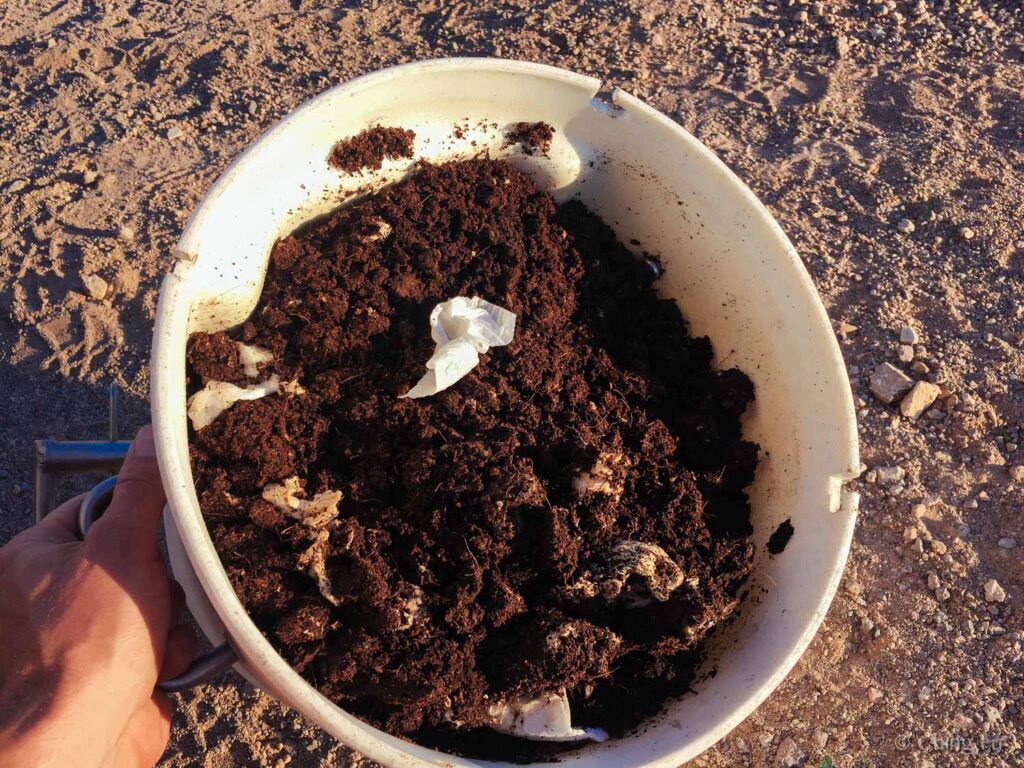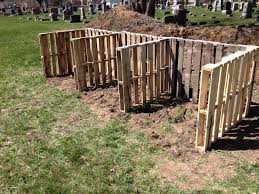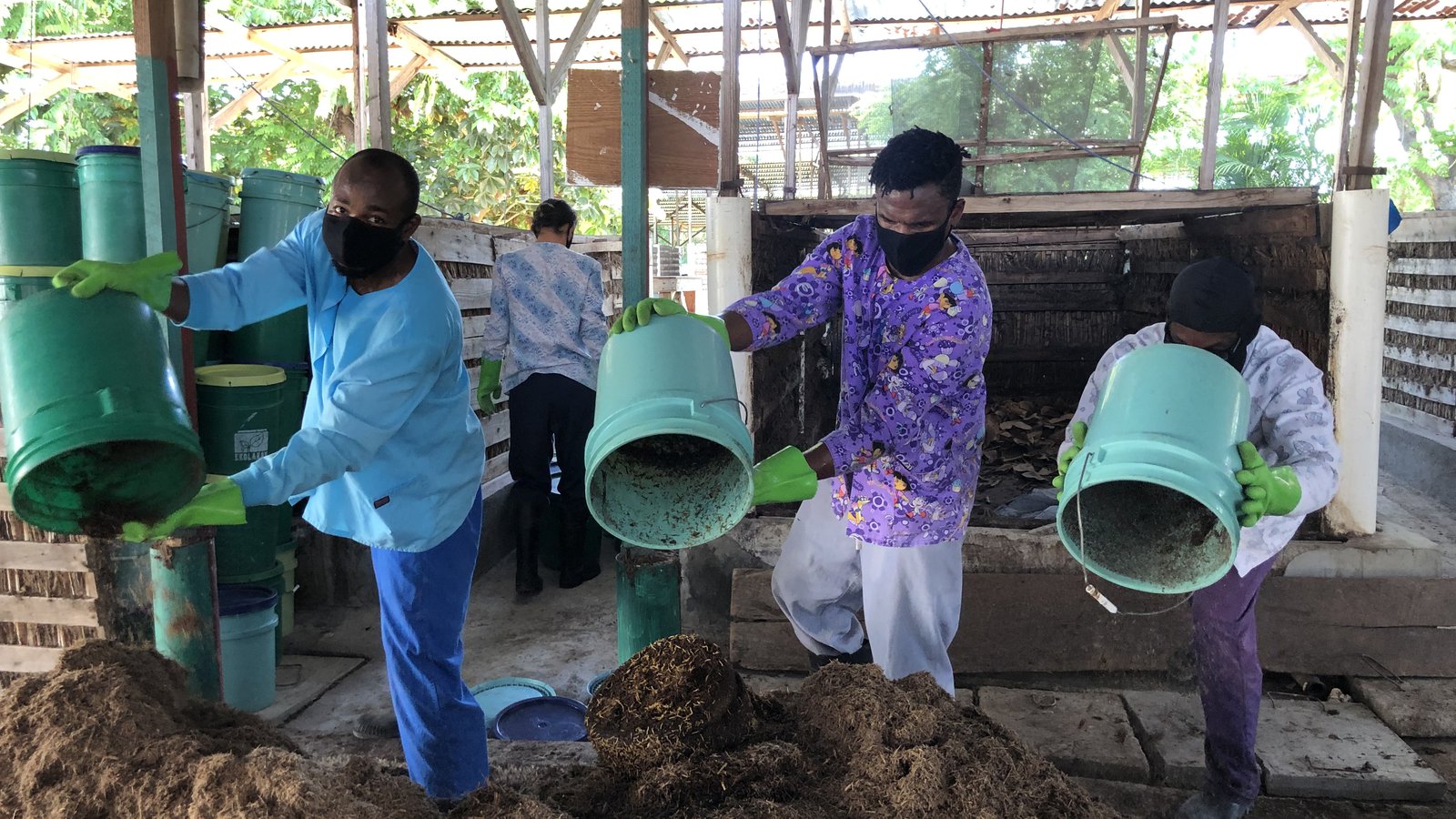Also called droppings, human poop comes from the intestines. It is the residue from the digestion of food ingested by mouth which has macerated and reduced under the effect of bacteria (Escherichia Coli type). The digestion process lasts between 12 and 24 hours, the poop is then ejected through the rectum and usually goes into the flushing toilet. But couldn’t we compost it?
Composition of poop
First of all, let’s agree on the composition of the poop. This is mainly composed of three types of bacteria:
– Escherichia Coli (which in too large numbers causes colic),
– Escherichia Dirhea (which in too large numbers causes diarrhea)
– and finally the famous Escherichia Syphilia.
Let’s expand.
See Also: Choosing the Ideal Anniversary Flowers to Symbolize Your Journey
The Escherichia Coli bacteria
Escherichia Coli is the most common bacteria since its occupancy rate is 80% higher than that of other bacteria. Although it was discovered in 1924, it had already existed for a long time. It is to Albert Coli that we owe its prominence in his partner’s kitchen while she was preparing a roast hen rump with potatoes. It was by happy coincidence that Mr. Coli dropped a test tube of monkey saddle on the rump put in Mrs. Coli’s trash can and placed it under a microscope.

Escherichia Coli is present in the intestines of almost all mammals except the rhinoceros which, through its exclusively vegetarian diet of the savannah, has transformed its intestinal flora into Escherichia Dirhea.
The bacteria Escherichia Dirhea
The latter is responsible for numerous cases of infection in the African boreal jungle, particularly among rhino predators (lions, jaguars and panthers). It is found in fewer numbers than Escherichia Coli because its developed form is three times larger than the latter. This can partly explain the phenomenon of diarrhea which comes from the decomposition of all foods containing a certain mass of water (40.3% on average).
Escherichia Syphilia bacteria
Finally, Escherichia Syphilia is a form of extremely pathogenic Escherichia causing numerous gastrointestinal disorders. Present in too large numbers it is dangerous for its host. Fortunately its lifespan outside an organism is limited to 3 hours.
In conclusion, it’s crap.
Pathogenic aspect of poop in nature
“Fragile nature which harbors within itself so many subtle and intelligent organisms, how sad to have to defile you with our excrement! » G. Apollinaire, 1917

Contrary to Mr Apollinaire’s quote, poop does not contain any substance likely to cause pathogenesis in its environment. Especially in the state of a free turd without its original progenitor.
Remember that every day, a man ejects an average of 330g of stool (measurement personally verified over a month, with a calibrated millimeter scale). Mixed with a quantity of water of 10L per flush, in order to counterbalance the so-called toxicity of poop, the quantity of water soiled in one year by a man is equivalent to 3.7 cubic meters or 2,200 bottles of Volvic 1.5L per person.
We understand better, through this calculation, the benefit of composting your poop.
Tests carried out at the independent ANSA laboratory in Grenoble on samples of 132 student droppings integrated with an optimal quantity of sawdust demonstrated that the pathogenic bacterial rate after maturation was below the standards recommended by Europe (source ADEME ).
Poop is therefore scientifically not dangerous for the environment. We will excuse Apollinaire for his lack of rigor a few months before his death.
Effectiveness of poop compost
Poop compost is effective if it is shared 50% with sawdust. We understand the need not to include it in normal compost because it itself is already made up of 50% brown materials. In addition, the droppings kill the fauna of normal compost (see fauna page). A regulatory spacing of 2 m between the two composts seems adequate unless infiltrations of scatophilic slugs take over the ants, our worst enemies in the peace between the composts.
More to read: Vermicompostable Waste

